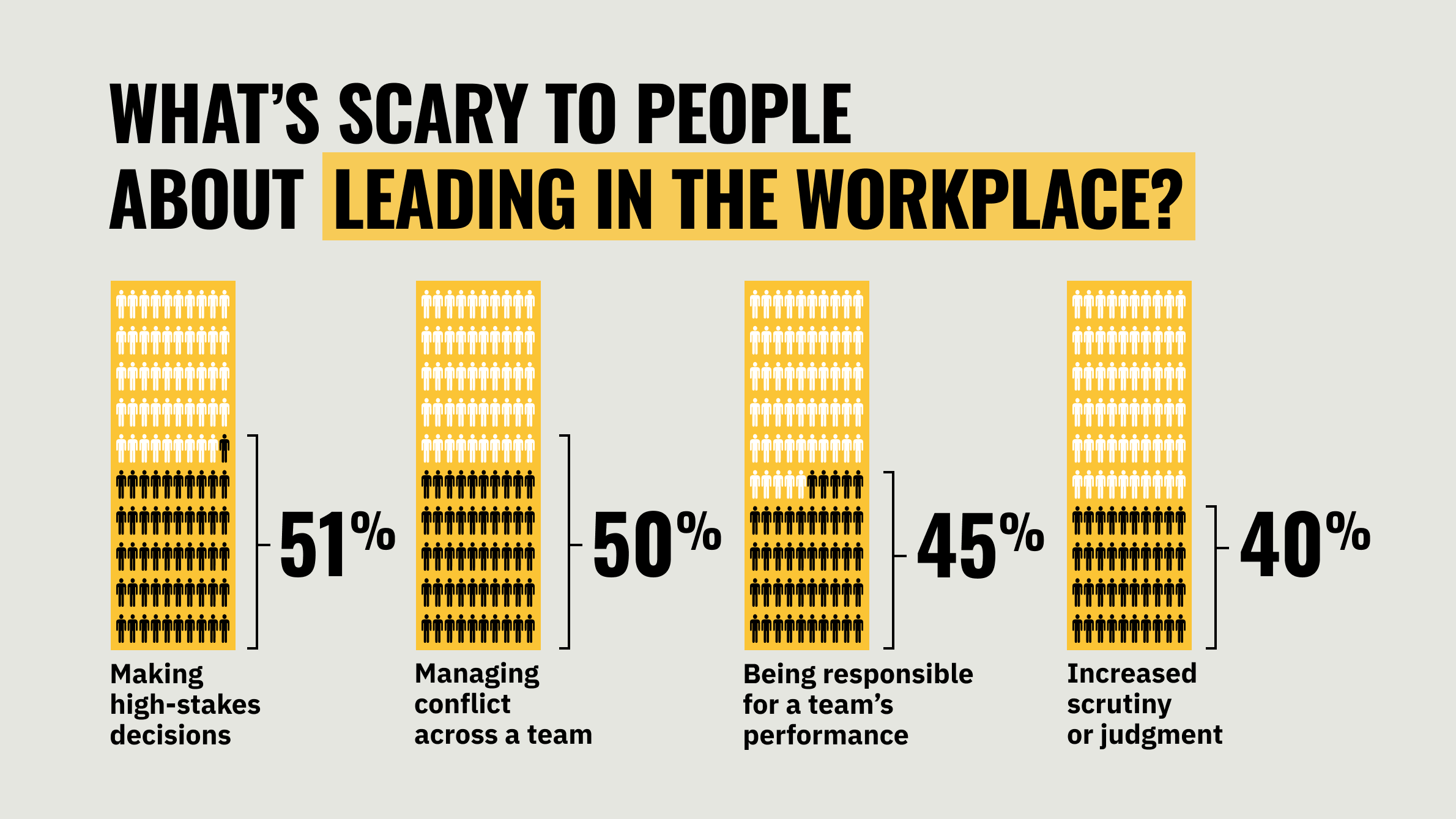Tony Robbins, author of the new book “Money: Master the Game,” draws on his research with industry leaders to help new investors become acquainted with the basics. Robbins tackles a few common myths such as “you have to already be rich to make money investing” and “my financial planner is always looking out for my best interest.”
Tony Robbins: So one of the things that I learned by working with all these investors was that there are some common steps that we all need to take whether you’ve got a thousand dollars, a hundred thousand dollars, a million dollars, ten million dollars. The idea that most people make, the biggest mistake first most people make is they think they need a lot of money to make a lot of money. And the truth of the matter is the greatest investors started with very little. What they really learned to do is to use the power of what basically when I asked Warren Buffet I said what’s been your secret to wealth. He said three things. He said number one was being born in America. Number two is good genes so I’ve lived a long time. And Number three was compound interest. He said that’s it. And most people don’t understand you can tap that power. If you look at people that make a lot of money and you think that’s what’s going to make them rich you can go look back at like Kim Basinger who, you know, won the Academy Award and she was the highest paid actress of her day. Made ten million dollars a picture and turned around and bought a 20 million dollar town and went bankrupt.
You know Mike Tyson. Mike Tyson made a half a billion dollars and went bankrupt. Curt Schilling of the Boston Red Sox, you know, a major leaguer, you know, MVP, amazing guy. Made a hundred million dollars, went bankrupt. So it’s not what you earn. It’s taking a small amount of money and consistently investing it is what really matters. There’s a gentleman named Theodore Johnson who was a UPS driver. He never made more than $14,000 in his lifetime and in his old age he’s worth 70 million dollars. How did he do it? He pretended there was a 20 percent tax on his income. He said I don’t have any money to save but if there was a tax I’d have to pay it. He automated taking 20 percent of his money putting it straight into an investment account. Made him worth 70 million dollars. That’s all he did. Never made more than 14 grand. So you don’t want to make that first mistake. You want to become an owner, not a consumer. You don’t want to just have an iPhone. You want to own Apple, right. More importantly you want to own across the market as a whole and become an owner of American business.
But if you decide you’re going to do that and automate, the second step I teach is you’ve got to become an insider. You’ve got to know the rules of the game before you get in the game because the system is not set up for the individual investor to win. The system – it’s not evil – it’s set up by corporations and corporations’ number one priority is to maximize profits for the shareholders. It’s not to maximize profits for the investor. And that’s the conflict that we see happening over and over again. So as a result there’s a lot of marketed myths and one of those myths is that if you go to somebody they’re going to beat the market. You talk to Warren Buffet he’ll tell you it’s not going to happen. Ray Dalio, it’s not going to happen. David Swenson who’s the head of Yale’s funds took them from one billion to 24 billion in two decades says it’s not going to happen. Nobody beats the market long term like I just told you – 96 percent of mutual funds don’t do it over a ten year period of time. So – and the cost of them though is the real challenge. Not only do they not beat the market, you get sub-performance and this is your future. But also people say things like it’s only one percent.
Most people if you ask them what are you paying in fees. They don’t know or they say one percent. One percent is called the expense ratio. That’s like a top line on a sticker price on something. But if you read the 50 page prospectus which most people never do you’ll find there are 17 other costs. They may not call them fees but they’re costs that come off the top. Forbes found that the average mutual fund has 3.12 percent in costs. Not one percent, three percent. So what, what’s three percent? Well if you’re getting a six percent return, you’re netting less than three percent and you’ve got to pay taxes on that, 1.5 percent it’s going to take you 60 years to be able to double your money. You’re never going to get anywhere. But more importantly just like your investments compound, so do costs. So, for example, if you start out with three people. They all start out at 30 years old, 35 years old let’s say and they have $100,000 each. And they start growing it at seven percent a year for 30 years until they’re 65 years old. What’s the impact of one, two or three percent? Well the highlight is at one percent your $100,000 would now be worth $574,000 if you never added another dime. Your three percent in fees means you’ve got $424,000. That’s 77 percent less money, a quarter of a million dollars less money. So people don’t understand that it’s like if you want to win a race and it’s a horse race do you want a 100 pound jockey or a 300 pound jockey. The 100 pound jockey is one percent fees, the 300 pound jockey is three percent fees. I’m here to tell you it’s not going to work. I’ll give you one more distinction.
If someone came to you and said I’d like you to make an investment and here’s how we’re going to do it. You put up all the money, you take all the risk. I put up no money, I take no risk. And at the end if you lose I make money and if you win I make money and if you win over the lifetime of your investments 30 or 40 years I’ll end up with about 60 percent of your total returns. Would you do it? You’d say that’s absurd. I’d never do it in a million years. That’s most mutual funds. That’s the average mutual fund because every one percent is 20 percent of your total compounded interest of growth over the lifetime of 30 or 40 years of investing. Jack Bogle is the one who taught me that. It’s mind boggling. So the lie is we’re going to beat the market. The second lie is we’re going to – it’s only one percent. The third lie is the fees we show you or the returns we show you are real. I won’t go through this now but mutual funds do not report the actual returns you get. Jack Bogle pointed this out to me. Jack Bogle is head of Vanguard, been in the business 63 years, built the largest mutual fund in the world and he did it by stripping out all the fees. I’ll give you an example on this. He’s been arguing like crazy people should know what their real returns are, not their average return, not the return that the fund got for the year but you got. If you remember some people are old enough to remember Peter Lynch, a gentleman from Fidelity who created the Magellan Fund. From 1977 to 1990 he averaged a 29 percent return during that time. Unbelievable.
When Magellan did their studies their average investor made zero. They lost money. How’s that possible? Fees and also going in and out of the market because people couldn’t take it. They didn’t know what they were doing in that stage. So one of the things that we’re in in the mutual fund area and in the area of investing is it’s one of the few areas on Earth where people get so confused they don’t know what it means. They hear a number, it’s too complex and I give it over. So what I like to do is cut through that, cut through all the fine print, show you what it really means. I’ll give you an example that’s really, really simple. If you really want to be financially free every dollar you have needs to be captured and it needs to grow for you. Every dollar that’s not growing for you is growing for somebody else. You don’t want to be creating the retirement for your broker. You want to create retirement for yourself. So you have to be aware of this. And the last thing I’ll tell you – one more myth is after first delivering subpar results compared to the market, after putting yourself in a position where, you know, you’re paying high fees, after telling you returns that really aren’t yours, the person will likely look you in the face and say I’m looking out for your best interest. And they may sincerely think they are. People that work in the financial industry have high integrity. There’s some people in every industry that aren’t great but the problem is they’re part of a captive system. If I’m a butcher and you come in and ask me what should I have for dinner, I’m going to sell you meat. One form of meat or another – it’s something that I have. That’s my job to do that.
If you went to a dietician they might say to you hey, wait a second buddy, all that red meat – you’re going to die of a heart attack. Have some salad. Let’s have some fish tonight. If you go to your broker you’re going to a butcher – they’re a good person, they believe it, they might even put their own money there. But they don’t know how to look at the overall of what you need. They’re paid to sell. If you go to the dietician which I’ll give your audience a new word for some of you – a new F word – it’s called fiduciary. And that word is a fiduciary is a person that legally is required to look out for your best interest. If they tell you to buy Microsoft this morning and they buy the stock this afternoon and they get it cheaper than you they have to give you the cheaper stock. That’s how strong the rules are. They are only paid to recommend what’s best for you. They make no commissions. A fiduciary, somebody who’s a skilled fiduciary is incredibly valuable to your life. And by the way, they don’t have to cost you a lot of money. They cost very little or you can give a small percentage but you’re not paying all the commissions. You’re just paying one time for them to give you the advice and ongoingly guide you. So these are a couple of the areas that people have to use to become an insider. I say to people you want to become the chess player, not the chess piece. And this book really shows you how.
Directed/Produced by Jonathan Fowler, Elizabeth Rodd, and Dillon Fitton





